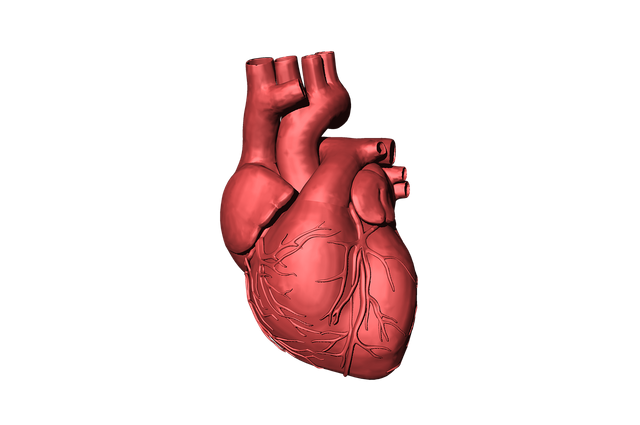Heart Disease
Heart disease, also known as cardiovascular disease, is a leading cause of death worldwide. It encompasses a range of conditions that affect the heart and blood vessels. In this article, we will delve into the various aspects of heart disease, from its causes and risk factors to its symptoms and prevention strategies.

I. Types of Heart Disease
Coronary Artery Disease (CAD):
The most common form of heart disease.
Occurs when the blood vessels supplying the heart become narrowed or blocked by a buildup of plaque, restricting blood flow.

Heart Failure:
When the heart can't pump blood effectively, leading to symptoms like fatigue, shortness of breath, and fluid retention.

Arrhythmias:
Irregular heartbeats that can be too fast, too slow, or erratic.

Valvular Heart Disease:
Problems with the heart valves, which control the flow of blood through the heart.
II. Causes and Risk Factors
Lifestyle Choices:
Poor diet, lack of exercise, smoking, and excessive alcohol consumption can increase the risk of heart disease.
Genetics:
A family history of heart disease can elevate an individual's risk.

High Blood Pressure:
Hypertension can damage the arteries and increase the risk of heart disease.
High Cholesterol:
Elevated levels of LDL (bad) cholesterol contribute to the buildup of plaque in the arteries.
Diabetes:
Uncontrolled diabetes can damage blood vessels and increase the risk of heart disease.

III. Symptoms
The symptoms of heart disease can vary depending on the type and severity of the condition, but they often include:
Chest pain or discomfort (angina).
Shortness of breath.
Fatigue.
Rapid or irregular heartbeat.
Swelling in the legs, ankles, and feet.
Dizziness or fainting.
IV. Prevention
Healthy Lifestyle:
Eat a balanced diet rich in fruits, vegetables, and whole grains.
Engage in regular physical activity.
Avoid smoking and limit alcohol consumption.

Regular Check-ups:
Visit your healthcare provider for routine check-ups to monitor blood pressure, cholesterol, and other risk factors.
Medications:
If necessary, your doctor may prescribe medications to manage blood pressure, cholesterol, or diabetes.
Stress Management:
Find healthy ways to manage stress, such as through meditation, exercise, or hobbies.
Know Your Family History:
Be aware of any family history of heart disease and discuss it with your healthcare provider.
Heart disease is a complex and prevalent condition, but it is not inevitable. With the right knowledge, lifestyle choices, and medical support, individuals can reduce their risk and take steps to protect their heart health. Regular check-ups, a heart-healthy diet, and an active lifestyle are essential components of a heart-protective regimen. By taking these measures, we can work towards a future where heart disease is less of a threat to our well-being.